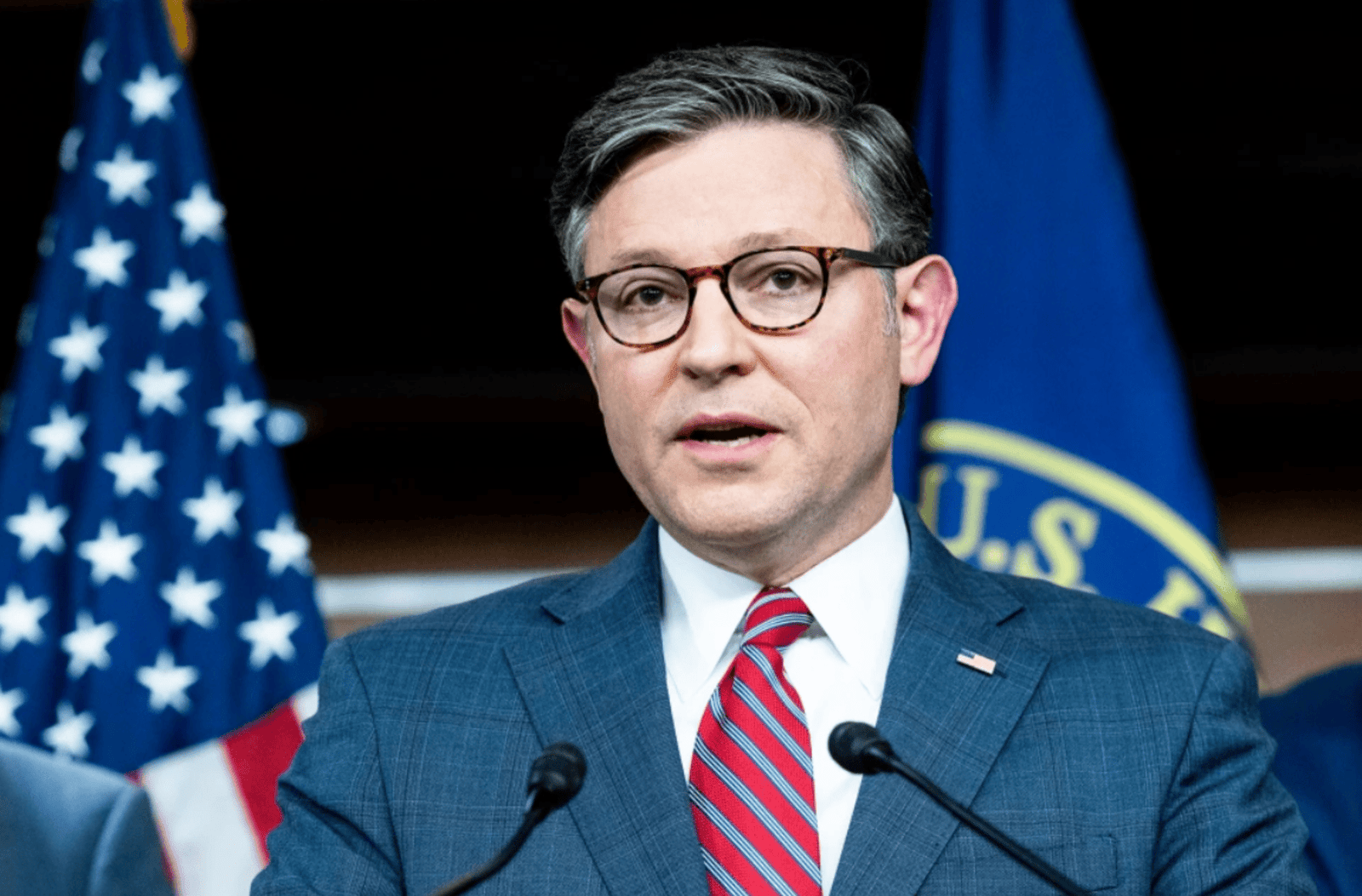
Shutdown Crisis: 5 Key GOP Hurdles . House Republicans Face Shutdown Crisis Amid Trump’s Demands
House Republicans are in a tight spot. Speaker Mike Johnson’s plan to prevent a government shutdown is in trouble. The proposal, backed by former President Donald Trump, combines funding with a controversial voting bill. This approach might not pass. Shutdown Crisis: 5 Key GOP Hurdles
Trump’s Influence and the SAVE Act
Trump’s influence has pushed House Republicans to align with this demand. The SAVE Act has become a major sticking point.

The Funding Bill: A Hard Sell
However, this approach faces significant opposition. Many Republicans and Democrats oppose the package.
Expected Defections
The plan is expected to fail. Conservative rebels and defense hawks are leading the charge
against it. These groups include several prominent Republicans who have voiced their opposition. With a slim majority, Johnson’s team can only afford a few defections.
The Opposition Within the GOP
A number of Republicans are set to vote against the plan. Rep. Joe Wilson is hospitalized, complicating the situation. Other Republicans, like Reps. Cory Mills, Jim Banks, Matt Rosendale, Andy Biggs, and Tim Burchett, are opposed. They argue that the bill will worsen fiscal issues and weaken defense.
Rep. Tim Burchett criticizes the use of Continuing Resolutions (CRs). He believes they represent poor legislation and financial irresponsibility. Burchett is concerned about the nation’s growing debt. He thinks CRs only delay necessary fiscal reforms.
Rep. Cory Mills shares similar concerns. Mills, a military veteran, is worried about defense funding. This could undermine the military’s readiness. In a rapidly evolving geopolitical landscape, Mills believes quick responses are crucial.
Trump’s Ultimatum
Trump has been vocal about his demands. He has insisted that no CR should pass without election security measures. His message on social media was clear: Republicans must secure election integrity or face a government shutdown. Trump’s stance has added pressure on House Republicans.
The Senate’s Position
The Senate’s response contrasts sharply with the House’s approach. Senate Majority Leader Chuck Schumer, along with fellow Democrats, is pushing for a funding bill that is “clean” and free of any additional amendments. They seek a temporary extension to keep the government running until December. This would delay any contentious issues until after the election.
The Risk of a Shutdown
The risk of a government shutdown looms large. With only a few weeks before the October 1 deadline, time is running out. Both parties are eager to avoid a shutdown, especially with elections approaching. Lawmakers facing tough races are particularly anxious to return to their campaigns.
Possible Outcomes
As the vote approaches, several outcomes are possible. If Johnson’s plan fails, he will need a new strategy. The pressure to avoid a shutdown will force both parties to negotiate.
The Impact on Government Operations
A government shutdown would have immediate consequences. Federal services and operations would be disrupted. Agencies would face funding freezes, impacting their ability to function. This could affect everything from national security to daily public services.
A government shutdown has wide-ranging consequences for federal operations and public services. When funding is not secured, federal agencies are forced to halt many of their activities, which can disrupt essential services and impact millions of Americans.
Agencies like the IRS, the Environmental Protection Agency, and the Department of Education could see their work paused, leading to delays in processing, inspections, and other critical functions. This interruption can have a ripple effect, delaying services and causing frustration among citizens who rely on timely government support.
The Road Ahead
Looking ahead, the path is uncertain. Johnson and his allies must navigate a divided House and Senate. The next steps will involve intense negotiations and strategic planning.
As the October 1 deadline approaches, the path forward for House Republicans is fraught with complexity. Speaker Mike Johnson’s plan to tie government funding to the SAVE Act faces an uphill battle, with significant resistance from within his own party and from Senate leaders. The road ahead will require careful maneuvering and strategic compromise to avoid a government shutdown.
First, Johnson and his allies must address the stark divisions within the House. With a narrow majority, Johnson cannot afford many defections. Yet, a significant faction of Republicans is staunchly opposed to the proposed plan, citing concerns about fiscal responsibility.
Simultaneously, Johnson must engage with Senate Democrats and moderate Republicans who advocate for a “clean” Continuing Resolution (CR). The Senate’s preference for a straightforward funding extension until December presents a contrasting approach. Bridging this gap will require diplomatic skill and a willingness to compromise. A “clean” CR might face opposition from the conservative base, but it could be a necessary step to ensure government operations continue smoothly.
The impact of a potential shutdown looms large. Federal agencies could face operational disruptions, affecting everything from national security to public services. Lawmakers, especially those in competitive races, are keen to avoid a shutdown that could harm their re-election prospects and frustrate constituents.
Ultimately, the path forward involves finding common ground between the House and Senate while managing internal party dynamics. The urgency to resolve these issues cannot be overstated, as time is running short. The next steps will be critical in shaping not only the immediate future of government funding but also the broader political landscape leading up to the November elections.
Conclusion
House Republicans are at a crossroads. The push for the SAVE Act has complicated efforts to prevent a shutdown. With internal GOP divisions and external pressures, the situation is fluid. The coming days will be critical in determining whether a deal can be reached to keep the government open and avoid a shutdown.







